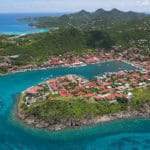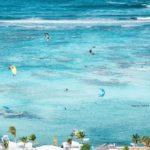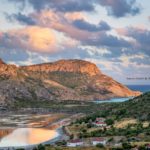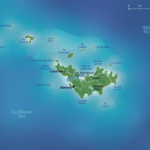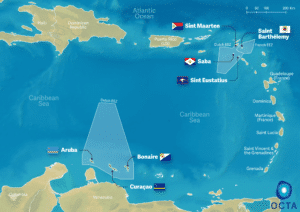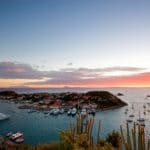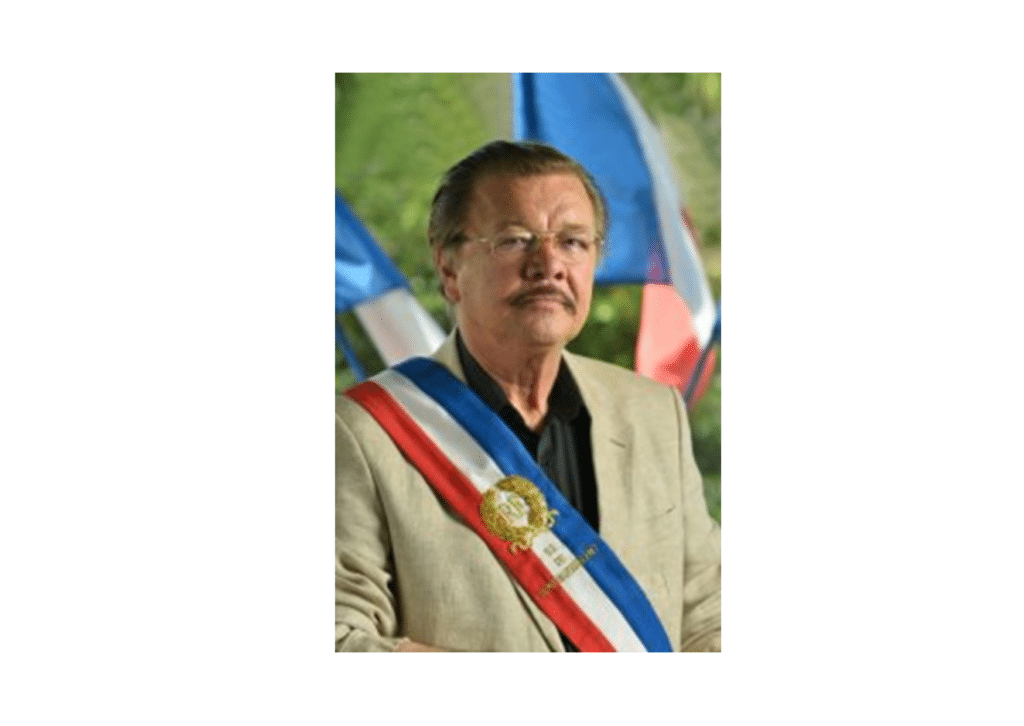
President of the Collectivity of Saint Barthélemy
Bruno Magras (Born 9 September 1951) is the first and current president of the Collectivity of Saint Barthélemy. He is a member of the Union for a Popular Movement since 1995.
On July 15 2007, Mr. Magras was elected as the first president of the Collectivity of Saint-Barthélemy. Before becoming an overseas collectivity, the island was a French commune and part of the Overseas Department of Guadeloupe. Mr. Magras was major from 1995 to 2007. He is additionally the founder of the St Barth Commuter and managed the airlines until 2017.


